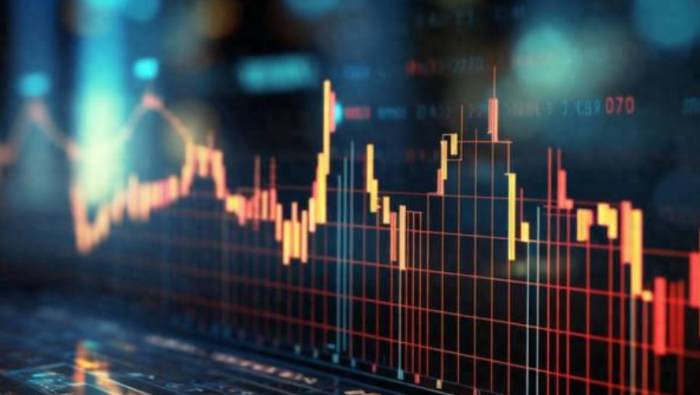After accurately predicting at the beginning of the year that the United States would not fall into a recession this year, the Chief Economist at Goldman Sachs believes that the Federal Reserve will cut interest rates three times in a row next summer.
For over two years, inflation has been a thorn in the side of global central banks, but Jan Hatzius, the Chief Economist at Goldman Sachs, believes that the era of pain is about to end. Given his accurate forecast for 2023, this top economist's words might be worth listening to.
According to Goldman Sachs' data, in the developed markets that faced a surge in inflation during the pandemic, the annualized rate of core inflation over the past three months was only 2.2%, and in November, it was just 1.3%. This is close to the central bank's 2% target. For Hatzius, this means one thing: global inflation continues to plummet.
Hatzius wrote in a report titled "The Great Disinflation" on Monday that as inflation subsides, several major central banks in developed markets will cut interest rates "earlier and more aggressively" in 2024.
Advertisement
In the United States, the inflation rate in November dropped to just 3.1% year-on-year, after the U.S. inflation rate hit a 40-year high of over 9% in the summer of 2022. Hatzius expects the Federal Reserve to cut interest rates three times in a row in the first half of next year, each time by 25 basis points, possibly in March, May, and June, and then cut rates twice more before the end of the year. Hatzius said:
"We expect the FOMC to cut rates by 25 basis points at least three times next year, possibly in March, May, and June. If this doesn't happen, people will question 'Why bother?'"
By 2025, he expects the Federal Reserve to have three more rate cuts, and by September of that year, the federal funds rate will remain between 3.25% and 3.5%.
Although most economists were worried at the beginning of this year that the economy was about to fall into a recession, this Goldman Sachs Chief Economist believes that the Federal Reserve has the ability to curb inflation without causing a severe economic downturn. His expectations for a U.S. economic recession ranged from 35% to 15%, making him one of the most optimistic forecasters.
Goldman Sachs believes that a strong labor market, lower inflation, and falling interest rates will help boost GDP growth and corporate profits next year. Hatzius, who also heads Goldman Sachs' Global Investment Research division, wrote on Monday that this will be "very favorable for risk asset markets."
After a brutal 2022, many so-called risk assets have soared this year, with the S&P 500 Index rising by more than 23% and the technology stock-heavy Nasdaq Index surging by 43%.Goldman Sachs' Chief U.S. Equity Strategist, Kostin, even raised the target price for the S&P 500 index from 4,700 points to 5,100 points last Friday, citing "lower inflation," "dovish Federal Reserve policy," and a more "robust" economic outlook that will support the stock market next year.
Goldman Sachs' new target implies that the S&P 500 index will rise by about 8% in 2024. Kostin explained in a report to clients:
"We are more optimistic about equities, which also aligns with our colleagues' upward revision of U.S. GDP growth."
Hatzius forecasts a 2% growth in U.S. GDP for 2024, with an unemployment rate of just 3.6%. However, the Chief Economist at Goldman Sachs also pointed out that his more optimistic outlook on U.S. GDP growth and unemployment could be a double-edged sword. While beneficial for the economy and the stock market, an overly strong economy could lead Federal Reserve officials to worry about a resurgence of inflation, forcing them to maintain higher interest rates for a longer period.

Hatzius warned, "Any further upside surprises in inflation compared to consensus forecasts could persuade the committee to remain on hold, even if inflation is close to target."
Nevertheless, Wall Street is becoming increasingly optimistic after recent strong GDP, inflation, and retail sales reports. Morgan Stanley raised its target price for the S&P 500 index from 4,200 points in November to 4,500 points, making it one of the most bearish investment banks this year.
Infrastructure Capital Management's founder and CEO, Jay Hatfield, last week raised the target price for the S&P 500 index from 5,100 points to 5,500 points, implying that the blue-chip index could rise by 15% in 2024, despite a gain of over 20% this year. Hatfield is one of the biggest bulls on Wall Street.
Like Hatzius, Hatfield also believes that "2024 will be a year of global interest rate cuts," which is undoubtedly good news for investors.